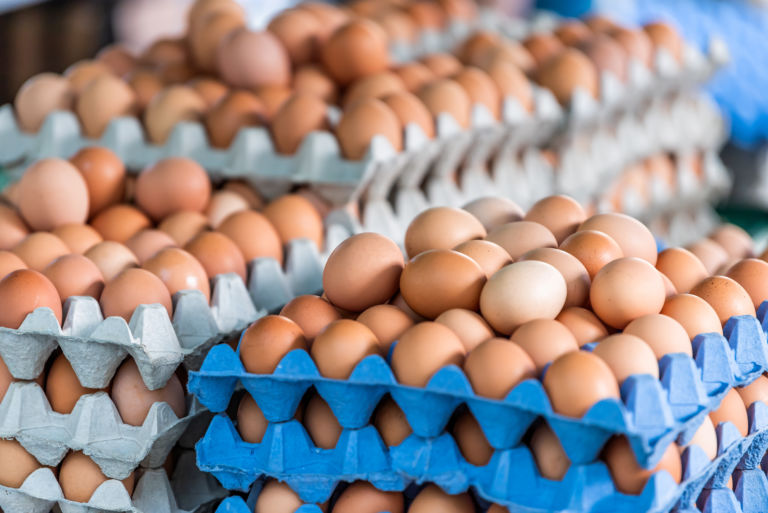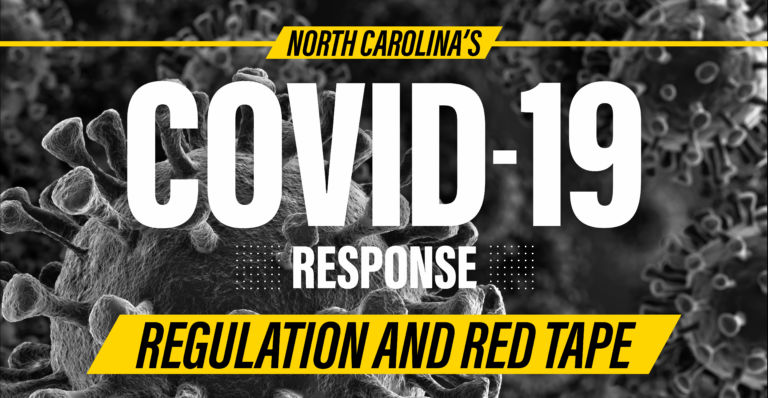***Update Friday, Aug. 25, 2:15 p.m.*** Harvey is now expected to be a major hurricane when it makes landfall in Texas, which would make it the first major hurricane to strike the U.S. since 2005. Hurricane Harvey’s effects on refineries could be significant and could indeed cause gas prices to spike in the short term.
As argued in the original post below, gas prices should be allowed to increase as necessary in North Carolina to avoid shortages.
Keep your eyes on the Gulf. The remnants of Tropical Storm Harvey have a strong chance of redeveloping in the Gulf of Mexico into a hurricane. Reuters reports:
Forecasts currently call for the budding storm to make landfall just east of Corpus Christi, and make its way to western Louisiana by early next week, he said.
The U.S. Gulf of Mexico is home to about 17 percent of the nation’s crude output and 5 percent of dry natural gas output, according to the U.S. Energy Information Administration. More than 45 percent of the nation’s refining capacity is along the U.S. Gulf Coast.
A serious rain event or heavy winds could disrupt oil and gas production, as companies evacuate platforms in the Gulf of Mexico and refiners along the coast face potential flooding.
Corpus Christi, where the storm may first land, is a major oil and gas refining and export hub. Valero Corp, Flint Hills Resources [FHR.UL], and Citgo Petroleum [PDVSAC.UL] together have almost 750,000 barrels per day of refining capacity in the region.
Keep your eyes on the governor. Thanks to an ill-conceived “anti-gouging” law, major disruptions to refining could lead to gasoline shortages in North Carolina.
Last year, when the Colonial Pipeline was temporarily shut down, then-Attorney General Roy Cooper activated the anti-gouging law. Cooper said, “A supply crunch shouldn’t be an excuse to rip off people who need gas.” (Which means either he doesn’t understand basic economics, or he’s betting others don’t.)
Here’s what happens when the government forbids market prices to reflect a good’s relatively greater scarcity in an area by rising:

- most people consume as usual, except those who know supply is scarcer; they hoard (higher prices discourages less important consumption, especially hoarding)
- other suppliers can’t realize a potential profit by moving supplies to the area where prices are higher, so they supply elsewhere as usual
- this activity exhausts the good, leading to shortages and long lines when supplies get through (waiting in line becomes a high nonmonetary price of obtaining the good)
- people are supposed to feel satisfaction that the good they’re now unable to buy is at least still at “regular price”
The negative effects of Cooper activating the anti-gouging law were ameliorated some by then-Gov. Pat McCrory, who signed an executive order waiving “certain size and weight restrictions and penalties … and certain regulations and penalties … for the vehicles transporting gasoline and other petroleum products to areas within North Carolina.”
When government reduces the regulatory costs to provide a good, it gives suppliers more profit opportunity here, which would help bring in more of that good from elsewhere than otherwise.
Here’s the situation now: while we know Cooper favors the anti-gouging rule, we don’t know if he also would reduce those regulatory costs on supplying gasoline. Ideally, he would do the latter and eschew the former.
But the last time we had a hurricane in the Gulf disrupt refineries and a governor committed to anti-gouging, we had widespread shortages. Something we didn’t have when hurricanes in the Gulf disrupted refineries prior to NC’s anti-gouging law.
So keep an eye on the Gulf and on the governor. Because if worse comes to worse, bad economics could make hoarding the rational thing to do.


